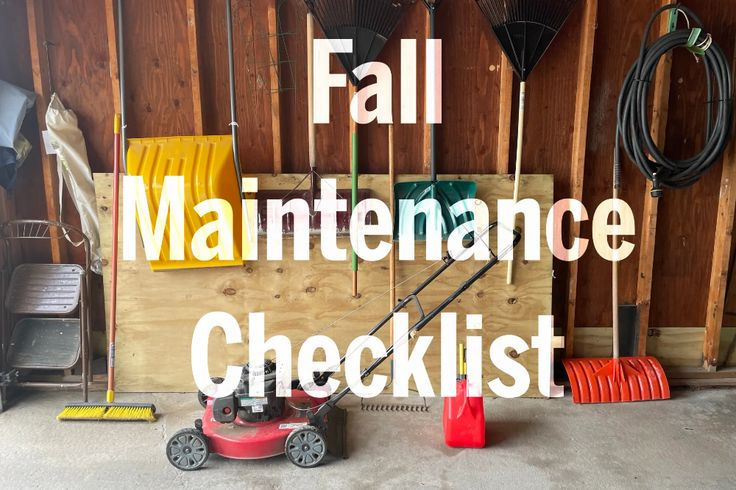What a Home Inspection Should Cost in 2025 (And Why Prices Vary)?
- John@LiteHouse

- Jul 16
- 2 min read
A professional home inspection serves as a crucial safeguard, providing buyers with detailed information about the property's condition before finalizing their purchase. Understanding home inspection cost expectations helps homebuyers budget appropriately and make informed decisions about this essential service.
Current Home Inspection Pricing in 2025
The average price tag across the country is $343, according to HomeAdvisor, though costs can vary significantly based on multiple factors. A home inspection costs $200 to $800 on average, depending on the size, age, and location of the home. This wide range reflects the diverse nature of properties and regional market conditions across the United States.
Most homeowners can expect to pay between $300 and $800 for a comprehensive home inspection that covers all major systems, including HVAC, plumbing, electrical, roofing, insulation, foundation, and structural components. On average, homeowners spend between $300 and $800, with the average homeowner paying $400 for a full home inspection that provides thorough coverage of these critical areas.
Geographic Factors That Influence Pricing
Location plays a primary role in determining home inspection costs across different markets. Your location is a significant factor in the cost of a home inspection. For example, in popular cities, the price can range from $300 to $800. Urban areas typically command higher prices due to increased operating costs, higher demand for services, and elevated living expenses that affect inspector overhead.
State-specific pricing variations demonstrate how regional factors impact costs. The home inspection cost in Florida ranges from $378 to $513. This depends on factors like location, home size, and the type of inspection. These regional differences reflect local market conditions, regulatory requirements, and competitive landscapes that influence pricing structures.
Property Size and Complexity Impact
Home size directly correlates with home inspection cost since larger properties require more time and effort to inspect thoroughly. Inspectors must examine more square footage, additional rooms, and potentially more complex systems in larger homes.
Property age influences inspection complexity and duration. Older homes often require more detailed examination of aging systems, potential code violations, and historical maintenance issues. Newer construction may involve different concerns, such as warranty items, builder quality, and compliance with current building standards.
Factors that increase inspection time and cost include:
Multiple Stories: Additional levels require more time and safety equipment for thorough examination
Outbuildings: Detached garages, sheds, and workshops extend the inspection scope
Complex Systems: Pools, hot tubs, and advanced home automation systems require specialized knowledge
Accessibility Issues: Difficult-to-reach areas may require additional time and equipment
Additional Services and Specialized Testing
Basic home inspection services cover standard systems and structural components, but many properties benefit from additional testing services. After your general home inspection, the inspector might recommend specialized inspections if they notice any issues that need a closer look. These additional services can add $100 to $800 or more to the total inspection cost, depending on the number and complexity of tests performed.
Technology and Reporting Standards
Modern home inspection services increasingly incorporate advanced technology such as thermal imaging cameras, moisture meters, and digital reporting systems. These technological enhancements improve inspection accuracy and provide better documentation, but may contribute to higher service costs.










تعليقات